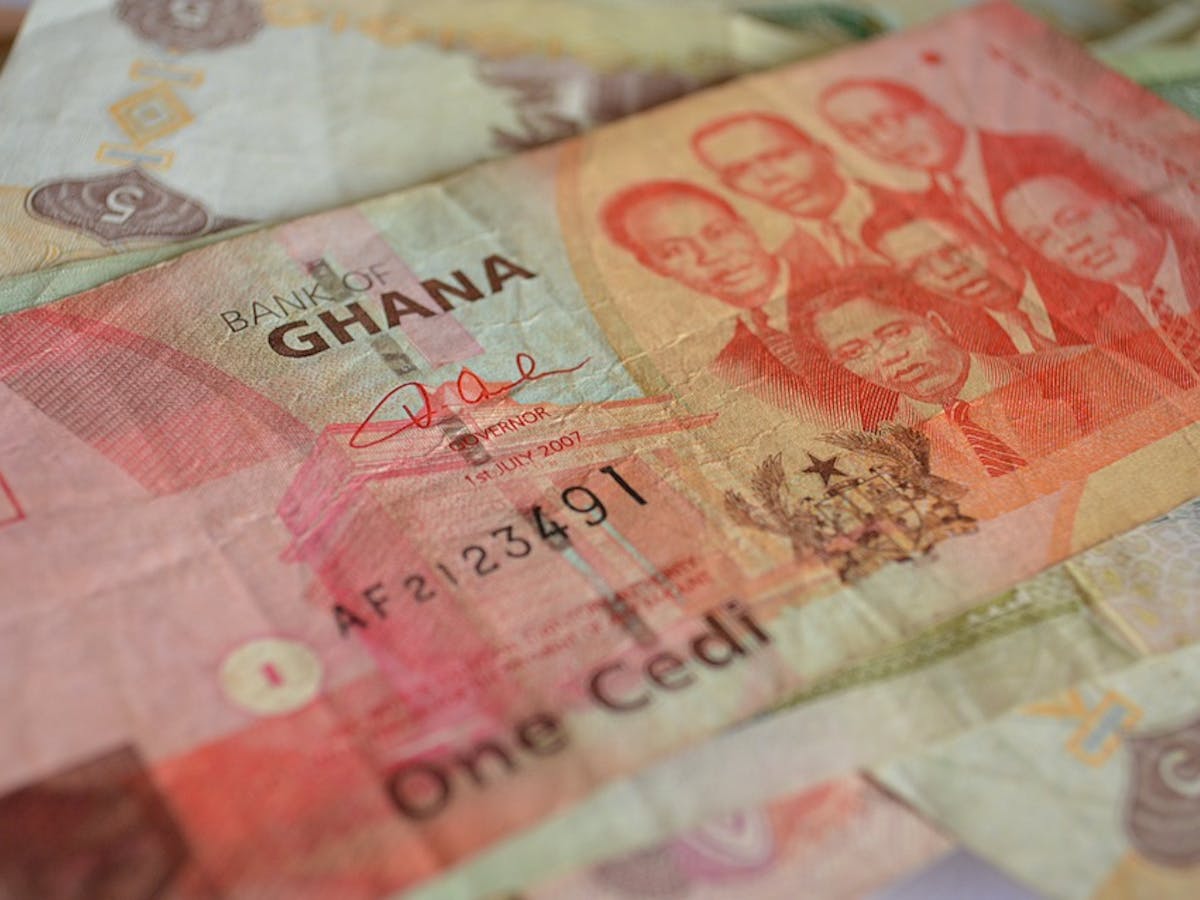Ghanaian tech startups have abandoned the Cedis in favour of more stable currencies. This is because the cedi’s rapid decline in value has hampered business growth for Ghana’s tech firms. It has significantly increased the cost of doing business.
The inflation rate in Ghana has been steadily climbing for the past 11 months, reaching a high of 31.7% in July, up from 29.8% in the previous month. The West African country’s currency, the cedi, keeps losing value, so the cost of imported goods like gasoline and cooking oil has risen to a level not seen since November 2003. This is the highest amount the nation has recorded since November 2003.
Cedis’ Value Decline Effect on Ghana’s Economy
On Wednesday the West African country’s central bank raised its benchmark interest rate by the largest amount ever. This was done to stop the country’s economy from falling. Since 95% of its petroleum is imported, a weakening currency will drive up the cost of living in a country that has seen inflation rise at the fastest rate since 2003.
According to Bloomberg, after the Sri Lankan rupee, the cedi has been the worst-performing currency worldwide this year, falling by 36.3%.
The fact that the government of Ghana is dependent on loans to run the country has resulted in the country’s debt-to-GDP ratio reaching 78%. Ghana’s failing economic health caused the country to return to the International Monetary Fund (IMF) in July to ask for a bailout, despite President Nana Akufo-Addo’s promise that his administration would not accept loans from the IMF. The loan will be paid back to the Ghanaian government over three years and is worth $3 billion. It is the seventeenth loan that Ghana has received from the IMF since it gained independence in 1957.
Global credit rating agencies like Fitch Ratings and S&P Global Ratings have downgraded the country’s economy. This makes it hard for the country to borrow more money. However, the country hopes the loan from the IMF will increase investor confidence.
The country’s ongoing macroeconomic crisis is hurting businesses in Ghana. As a result, they have had to change their operations to keep up with how quickly the economy changes.
Read also: Ghana will Host Top African Fintech and Crypto Experts
The new tech companies are affected the most
The rising fuel cost in Ghana has made traveling throughout the country, which is a crucial element of DOBIISON’s company, more expensive. Because of this, it’s hard for the Ghana-based virtual reality company DOBIISON to stay in business.
Dobieson assists businesses throughout Ghana in improving their online presence and driving conversation by creating virtual reality and digital experiences for their products and services that people want to talk about.
Selasie Awitym, CEO of the company, said that the rapidly falling value of the cedi hurts the company’s earnings. This is due to the fact that the company pays some of its contractors and purchases equipment in dollars. The young company concluded that revenue in cedis could not keep up with the demands of the business and decided to begin charging its customers in dollars in addition to cedis.
Jetstream, a Ghana-based tech company that moves and pre-finances cross-border goods, has said that by 2021, its double pre-financed logistics business will bring in twice as much money.
Plans to tackle the issue
Because the Ghanaian cedi is worth more than other currencies, Ghanaian businesses that sell their goods abroad pay more and have to wait a few weeks to get the dollars they need to pay their international carriers and suppliers. As a result, they went to Jetstream, which decided to set aside one million dollars to help small and medium-sized enterprises (SMEs) exporters suffering the most.
Jetstream, which raised a seed round of $3 million in June 2020, is making its lending less hazardous to deal with this influx and ensure that it is not losing money. To do this, Jetstream is making sure that it only finances shipments that its logistics team can keep track of.
Jetstream is also available to customers in Nigeria and Egypt, and the company is changing its growth plans this year to include more African countries with more stable currencies.
The CFA franc, which is used in all of Francophone Africa, is a stable currency that is tied to the euro. By 2023, we anticipated having established a presence in francophone West Africa. Miishe Addy, Jetstream’s cofounder, said they had brought forward their expansion ambitions for this year.
The creation of a dollar bank is the strategy that DOBIISON employs to keep operating in the current economic environment. “The inflation means that revenue generated in cedis will equal “There are fewer dollars as time goes on, which may give a false negative impression on revenue growth if reported in dollars,” Awitym said. “If reported in dollars, this may give a false positive impression on revenue growth.”




